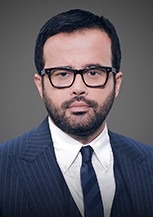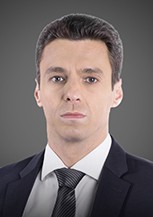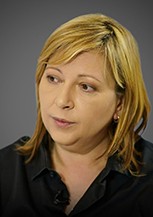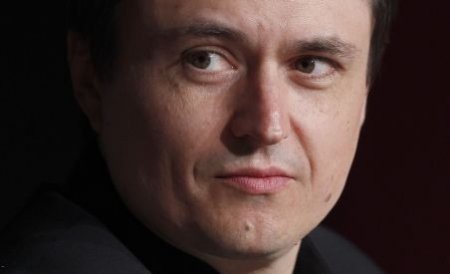At 44 years old, Cristian Mungiu asserts himself as a great filmmaker, an exceptionally gifted director, Le Figaro writes. In 2005 he met Bertrand Tavernier, who had come to Romania to turn "Captain Conan" the French daily notes.
"I set off as a trainee and after three months I was promoted to second assistant director," said Mungiu. Tavernier remembers well the young Mungiu: "I found in him remarkable qualities, energy, kindness, says the filmmaker. He is the only Romanian in the technical team who received a bonus and went to France for the last five days of shooting" .
"Every film of Cristian Mungiu’s is a shock, a miracle," says Bertand Tavernier, impressed by "Over the hills". "You think the plan is to expand the character, that the movement comes from inside and not from the decision of the director," the filmmaker adds.
Cosmina Stratan and Cristina Flutur both received the Best Actor Award at Cannes for starring in the film’s leading roles. The heroines are so real, unique, that they’ve conquered the audience at Cannes.
"The Cinema seems invented for Cristian Mungiu.
"His film is a rare power of unrivaled simplicity. Others would use capital letters, whereas he speaks in his natural language . It is the language of cinema, intelligence, sensitivity," writes Le Figaro.
Over the two and half hours, the film places the community under the magnifier glass , particularly through its institutions: the victim is admitted to hospital shortly before being sent to the monastery, where medicine and superstition mix, the orphanage which young people should leave upon turning 18, the families taking over the children rent the rooms without waiting for the former tenants final departure, La Croix reports.
It is a work of great richness of detail that provides a mirror perspective over today's Romania, but also a reflection on what unites people – or fails to unite them. "I am looking for stories that allow a multi-tier approach. This allows a debate over the state of society and pave the way for more complex reflections. The film is not a criticism of the Romanian Orthodox church, it does not judge and it does not generalize. But it allows, for instance, to address the role of religion, how the church’s truly profound values are assumed - or not - by the society’, the director says, quoted by La Croix.








